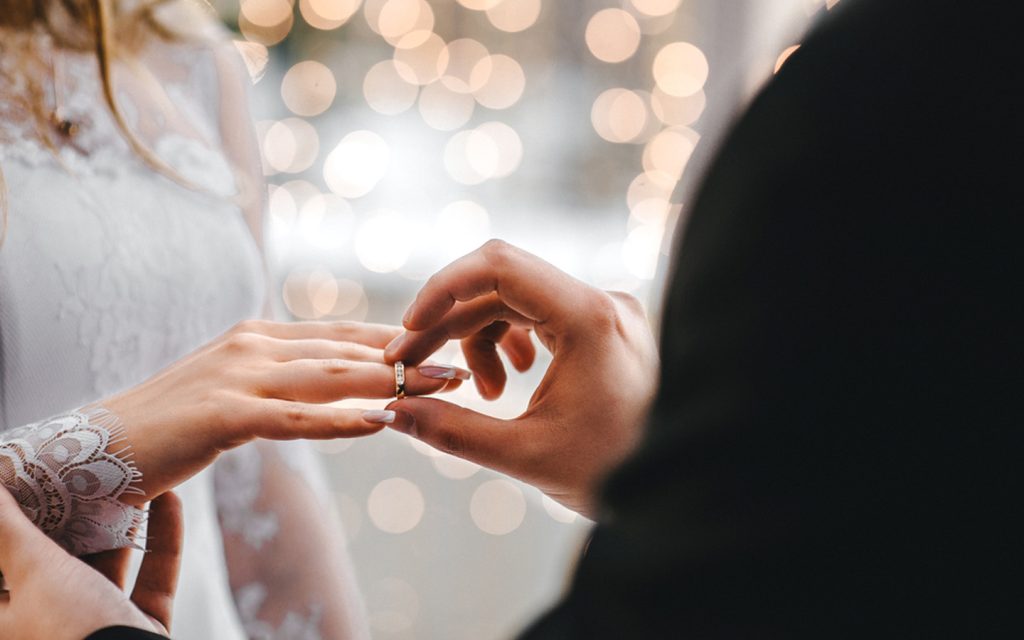Dreaming of saying “I do” under the dazzling Dubai skyline? Whether you’re drawn to the city’s cosmopolitan vibe or its legal simplicity, getting married here as an expat is easier than you might think—if you know the steps. From paperwork to cultural nuances, we’ll walk you through everything you need to plan your perfect Dubai wedding.
Understanding the Legal Framework for Expat Marriages in Dubai
Dubai offers multiple pathways for expats to tie the knot, depending on your nationality, religion, and personal preferences. The UAE recognizes both civil and religious ceremonies, but the process varies significantly between the two. For civil marriages, expats often choose the Dubai Courts or the Abu Dhabi Civil Family Court, which streamlined the process in 2021 to accommodate non-Muslim couples. Religious marriages, on the other hand, require coordination with your embassy or a licensed house of worship.
One lesser-known fact: If you’re a Muslim expat, your marriage must comply with Sharia law, which includes a mandatory premarital medical screening. Non-Muslims can opt for a civil ceremony, but certain nationalities (like Indian or Pakistani) may need to follow their home country’s legal requirements too.
Step-by-Step: The Paperwork You’ll Need
No wedding is complete without a bit of bureaucracy. Start by gathering these essentials:
- Passport and Visa Copies: Both partners must provide valid passports and UAE residency visas. Tourist visas? You’ll need to check with your embassy, as rules differ.
- Eligibility Letters: Some embassies require a “Certificate of No Impediment” or a single-status affidavit. Americans, for instance, can get this from the U.S. Embassy in Abu Dhabi.
- Divorce/Death Certificates: If previously married, bring legal proof of divorce or spouse’s death.
- Premarital Medical Test: Mandatory for Muslim couples, this includes screenings for HIV and hepatitis. Results take about 24 hours from approved centers like Dubai Health Authority (DHA) clinics.
Pro tip: Documents not in Arabic or English must be translated and attested by the UAE Ministry of Foreign Affairs.
Choosing Your Venue: From Courthouses to Beaches
Dubai’s wedding venues range from no-frills courtrooms to five-star beach resorts. For a civil marriage, head to the Dubai Courts in Al Twar or the Abu Dhabi Civil Family Court (yes, it’s open to Dubai residents). The process takes about an hour, and you’ll need two witnesses.
Prefer something more scenic? Many expats book a ceremony at hotels like the Burj Al Arab or Atlantis The Palm, but keep in mind these require additional permits. Beach weddings need approval from the Dubai Municipality and RTA if you’re near public shores.
Cultural Considerations and Insider Advice
While Dubai is liberal, it’s wise to respect local customs. Public displays of affection are frowned upon, so save the kiss for the ceremony. Also, avoid scheduling your wedding during Ramadan, as working hours shorten and music isn’t permitted in public spaces.
Did you know? Some nationalities (e.g., Filipinos) must register their marriage with their embassy first before UAE authorities recognize it. Check with your consulate to avoid surprises.

After the Wedding: Visa and Legal Next Steps
Once married, update your marital status with the UAE immigration office. If you’re sponsoring your spouse’s visa, you’ll need:
- A marriage certificate attested by the UAE Ministry of Foreign Affairs.
- Proof of income (typically AED 3,000–4,000 monthly) or housing allowance.
- Medical insurance for your partner, mandatory for residency visas.
Common Pitfalls to Avoid
- Assuming All Embassies Have the Same Rules: British expats can marry at the Dubai Courts, while South Africans must visit their consulate. Always verify with your embassy.
- Overlooking Document Expiry Dates: Some affidavits are valid for only 3 months. Time your paperwork carefully.
- Skipping the Fine Print: Hotel weddings often charge extra for permits. Ask about hidden costs upfront.
Why Dubai is a Wedding Hotspot for Expats
Beyond the legal ease, Dubai offers tax-free savings, world-class venues, and a multicultural guest experience. Plus, the UAE’s recognition of international marriages simplifies things if you relocate later.
For the latest updates, the www.few.ae editör team recommends checking the Dubai Courts website or your embassy’s portal. Laws can change, and staying informed ensures your big day goes smoothly.
Planning a Dubai wedding is like the city itself: glamorous, efficient, and full of surprises. With the right prep, you’ll exchange vows without a hitch—leaving you free to enjoy the honeymoon phase in this desert paradise.
